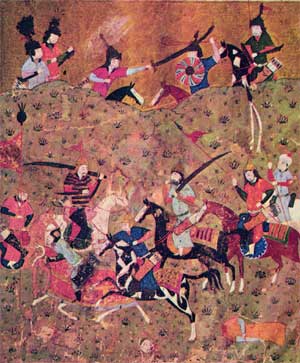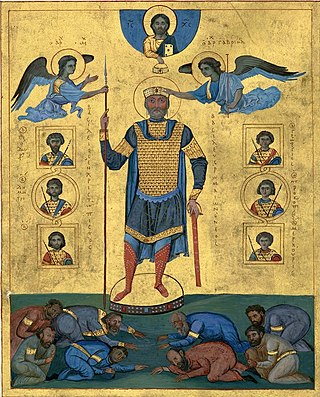
Year 1040 (MXL) was a leap year starting on Tuesday of the Julian calendar.
The 1070s was a decade of the Julian Calendar which began on January 1, 1070, and ended on December 31, 1079.
The 1100s was a decade of the Julian Calendar which began on January 1, 1100, and ended on December 31, 1109.
The 960s decade ran from January 1, 960, to December 31, 969.
The 1050s was a decade of the Julian Calendar which began on January 1, 1050, and ended on December 31, 1059.

Year 1078 (MLXXVIII) was a common year starting on Monday of the Julian calendar.
The 1110s was a decade of the Julian Calendar which began on January 1, 1110, and ended on December 31, 1119.
The 1080s was a decade of the Julian Calendar which began on January 1, 1080, and ended on December 31, 1089.

Year 1120 (MCXX) was a leap year starting on Thursday of the Julian calendar.

Year 1110 (MCX) was a common year starting on Saturday of the Julian calendar.

Year 1018 (MXVIII) was a common year starting on Wednesday of the Julian calendar.

Year 1025 (MXXV) was a common year starting on Friday of the Julian calendar.

Year 1197 (MCXCVII) was a common year starting on Wednesday of the Julian calendar.

Year 1131 (MCXXXI) was a common year starting on Thursday of the Julian calendar.

Year 1133 (MCXXXIII) was a common year starting on Sunday of the Julian calendar.

Year 1077 (MLXXVII) was a common year starting on Sunday of the Julian calendar.

Year 1081 (MLXXXI) was a common year starting on Friday of the Julian calendar.

Year 960 (CMLX) was a leap year starting on Sunday of the Julian calendar. It was the 960th year of the Common Era (CE) and Anno Domini (AD) designations, the 960th year of the 1st millennium, the 60th year of the 10th century, and the first year of the 960s decade.

Rudolf of Rheinfelden was Duke of Swabia from 1057 to 1079. Initially a follower of his brother-in-law, the Salian emperor Henry IV, his election as German anti-king in 1077 marked the outbreak of the Great Saxon Revolt and the first phase of open conflict in the Investiture Controversy between Emperor and Papacy. After a series of armed conflicts, Rudolf succumbed to his injuries after his forces defeated Henry's in the Battle on the Elster.
The 1020s was a decade of the Julian Calendar which began on January 1, 1020, and ended on December 31, 1029.













